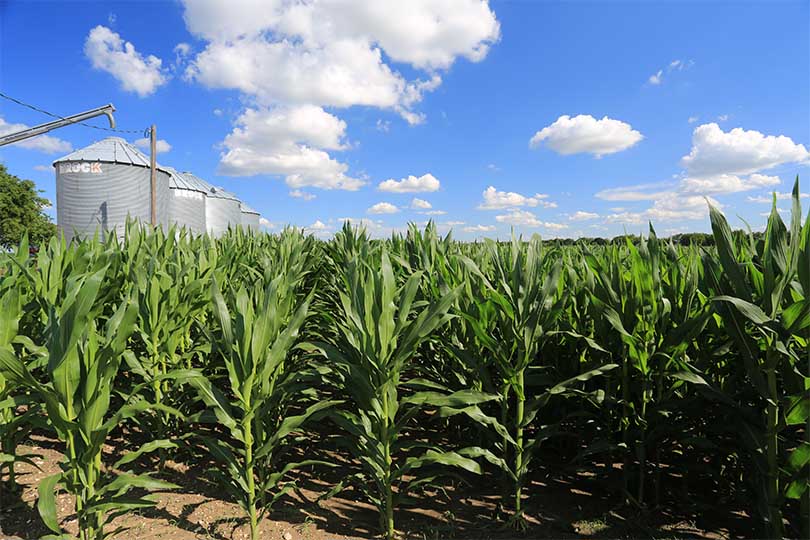After much controversy, the U.S. Environmental Protection Agency issued a report concluding that glyphosate is likely not carcinogenic to humans.
Glyphosate, the key ingredient in Monsanto’s Co.’s Roundup herbicide, is an important tool farmers depend on to fight weeds.
Glyphosate’s safety was challenged last year by the International Agency for Research on Cancer when they classified the herbicide as “probably carcinogenic to humans.”
The EPA is in the lengthy process of reviewing many agricultural chemicals and deciding whether farmers will be allowed to use them, according to a newsletter from the U.S. Farmers and Ranchers Alliance.
The EPA has been involved in a decades-long process to evaluate the human and animal health risks and ecological risks of glyphosate, according to Reuters.
An advisory group of scientists, known as the Federal Insecticide, Fungicide and Rodenticide Act (FIFRA) Scientific Advisory Panel, will review the documents in October.
“Meeting materials are being shared with the public in advance of the FIFRA Scientific Advisory Panel who will use these materials for the meeting and their report,” the agency said to Reuters in an email statement.
The EPA published its report on glyphosate after reviewing the available data. The paper states, “The strongest support is for ‘not likely to be carcinogenic to humans’ at doses relevant to human health risk assessment.”
The EPA said it expects to publish its final assessment of glyphosate in the spring of 2017.
The European Food Safety Authority last November said glyphosate was “unlikely to pose a carcinogenic hazard to humans.”


Scientific American wrote an article that mentions on of the inert ingredients in the Round Up formulation has been shown to be toxic to humans, animals and the environment.
The article, “Major Pesticides are More Toxic to Human Cells Than Their Declared Active Principles” at the National Institutes of Health that says one of the inert or non active ingredients is more harmful to human cells than the active ingredients. Glyphosate in the active ingredient in Round Up, but one of the inert ingredients called Polyethoxylated Tallowamine has been shown to be toxic to cells at doses far lower than glyphosate itself. In fact, it is 2000 times more toxic.
We may debate if weed killer is carcinogenic, yet is there really a debate on whether weedkiller is food I want to eat or feed my family? The real vote is with your pocketbook. They will keep producing it so long as people keep buying “food” with it.
Once all of the facts become known, what condition will our soil, water, and seeds be in then? I don’t even buy food as tiny as salt or pepper unless I am sure their product is not in it. We never get the colds going around the school any more, so besides feeling better, it pencils too.
If I am overly cautious, I can swim in it later. If I’m on target, I’ll be glad my family is not full of it. So many credible studies, even by the government indicate toxicity or at least caution. Europe banned it. Why is it still welcome in Texas. If we adopted Euro standards it would brand us at the kind of state we think we are. They tossed out food dye and went with vegetable dye too. Seems like another good, common sense idea. The best way to solve healthcare financial crisis is to not impede the wellness of people. Imagine being the first state to move to restoring it’s waters. Would be a great way to recruit organic farming here, right? Bet that would attract other businesses too.
Texas doesn’t follow … we lead. It’s just like no matter how many times we are told ketchup is a vegetable on a school lunch, especially if it is one with Glyphosate, sweetened with corn syrup with more Glyphosate, unnatural salt, etc., and less that 50% tomato, we know that is not a vegetable. We’d should at least be smart enough to be the first state to quit poisoning ourselves, our kids, future generations, and our neighbors. Rather than supplement farmers to add toxins, let’s supplement them to detox their land, ideally with organic waterwise crops. Even if one still plants cotton in the wet season, let’s go organic, and build our state brand around something sustainable that reflects who we are – smart enough to know what we need to do, government study or not. We are Texans, after all.